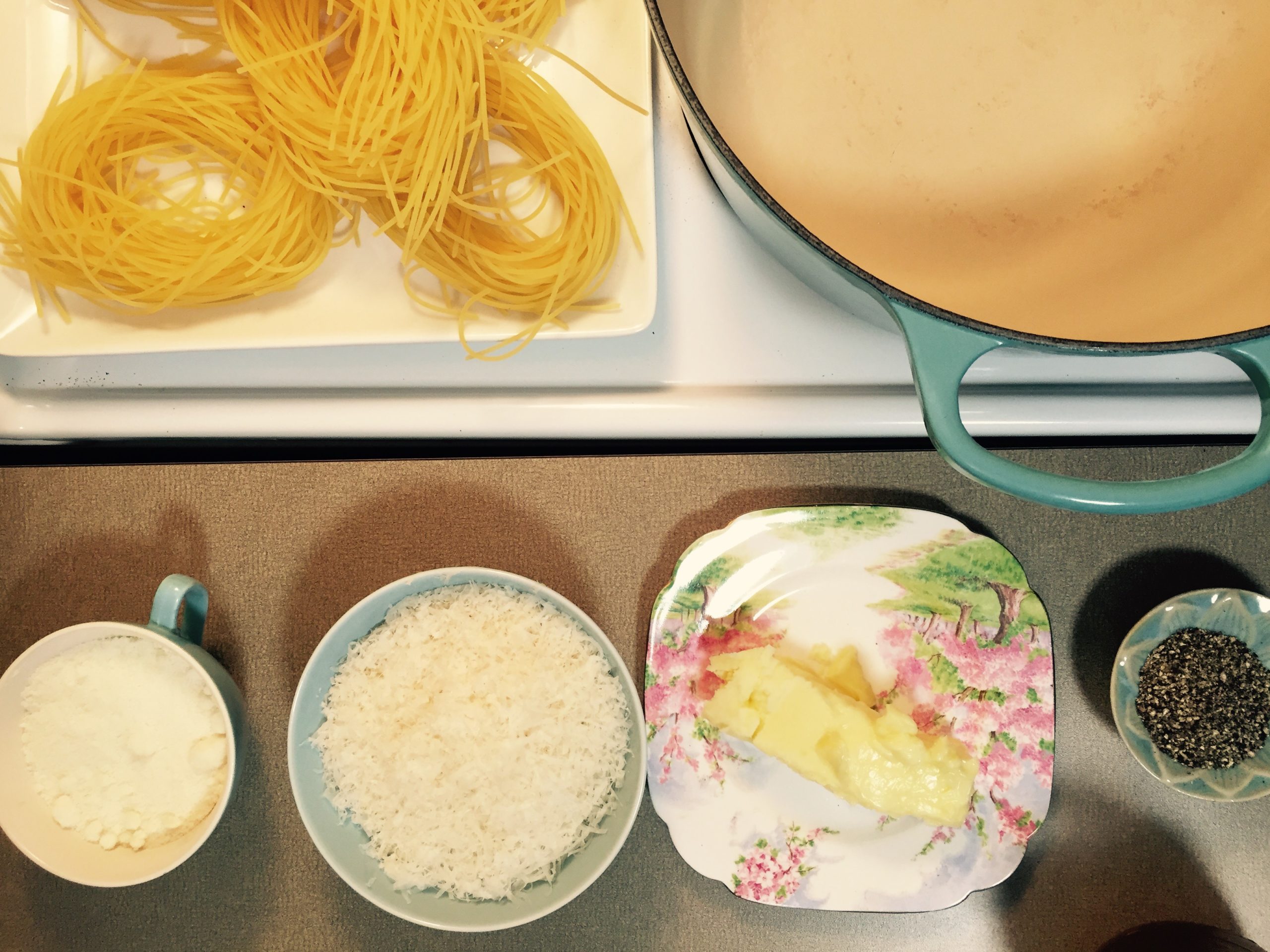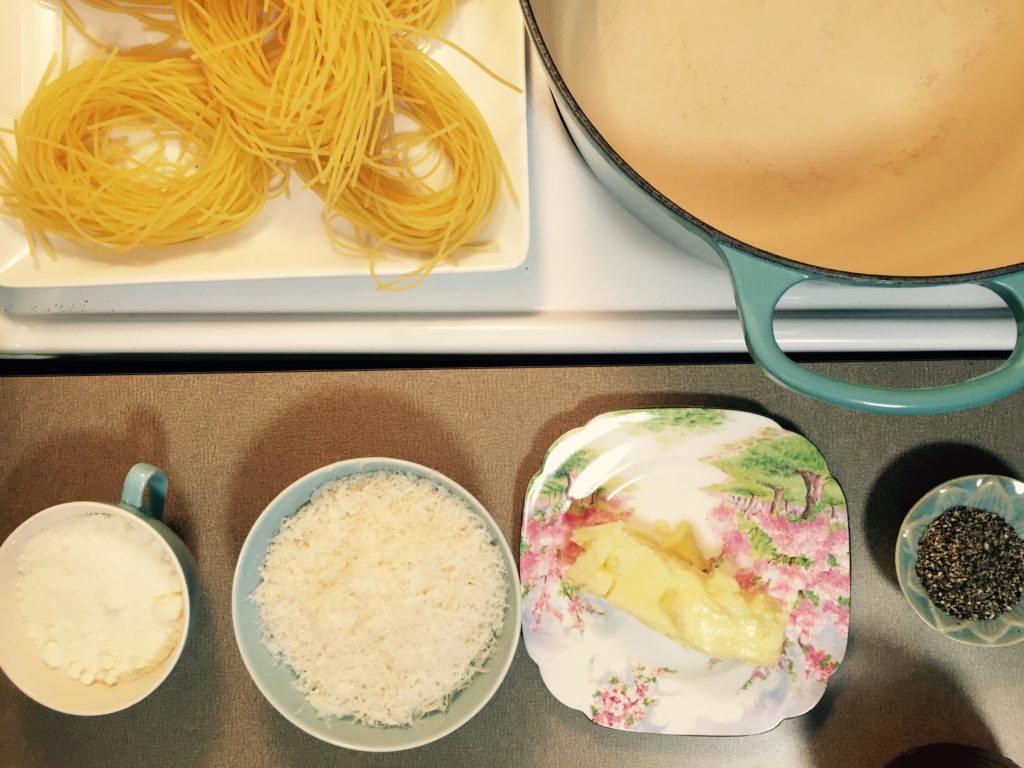How to Set up for Success in a Nutrition Program
Choose the right time. Don’t start your new nutrition ideals on a whim. Pick a timeframe with few events or holidays. Don’t start something new right before Christmas or your birthday. Try to carve out 3-4 weeks without parties or vacations, as these types of outings can be very difficult to manage when establishing a new routine.
Don’t binge. Going nuts and eating all the things you are about to cut out the last couple days before you start is not going to make your life any easier. A more clever person would reduce potential problem foods gradually to avoid adverse reactions and unnecessary grief.
Purge your pantry. Go through your cupboards and fridge to empty them of any foods that you are not including in your new program. Do this before you start. It will help you avoid temptation if you don’t have any cheat options available to you at home.
Go on a grocery spree. Prepare your list in advance (during your pantry purge). Buy the little extra things that you will need (like spices and oils) and make sure you have more than enough food for the next few days. You can’t have empty cupboards when starting a new program because your appetite usually changes. You get bonus points if you make the effort to stock up at your local Farmers Market.
Measure. Yourself, not necessarily your food. Before you start, record weight, BMI, and waist circumference, perhaps even body fat percentage if you have the tools available. These numbers can help you track your progress, but should not be obsessed about.
Take one step at a time. First, conquer the first 3 days. Then plan the next 3 days. Small steps make it easier to accomplish. Before you know it, you will be reaching your greater goal. Sit down before you start making a plan for the next 3-7 days. Plan out your meals, when you will eat, when you will cook, and when you will prepare. This is not a long-term option for most people, but commit to making this happen for the first few weeks and it will become very natural. This will also help you organize your grocery list.
Reintroduce slowly. I know this isn’t set-up, but I had to mention it so that you are planning the whole way through from the beginning If you are on a temporary program (like an elimination diet), this can be a make-or-break moment. You need to reintroduce foods one at a time. This way you will know specifically what food you may have a reaction to. Generally, one new food every three days is a good rule. The gluttonous mistake of feasting on everything forbidden at the end can be a painful one.
Gather support. Changes in food habits are much easier when done as a family. This way you can all eat the same meals together and not fall prey to Johnny’s spaghetti. Talk to your family, whoever lives with you, and people you eat with regularly. Even if they are not participating, get them on board with at least supporting you and holding you accountable, rather than tempting you all the time. This is especially important if you are not the person who prepares all the meals for your family.
Plan a Prep Time. Give yourself an additional hour 2-3 times a week to chop, organize, marinate, and prepare your food for the following few days. This will make cooking meals during the way take less time and energy. Always have snacks available and easy to grab (like chopped veggies or nuts).
Experiment & Enjoy. Try new foods, new spices, and new recipes. Make it an adventure. It does not have to be boring and bland. You are going to be spending more time than usual with food prep anyway, so you might as well make it tasty! Nutrition can be fun.
Give yourself a break. When reorganizing your nutrition regime or going through a healing process, we go through valleys and climb mountains. The first phase is usually the hardest. Expect symptoms to get worse before they get better. Expect to feel crappy for a couple days. Expect it to be trying mentally. Your energy levels and your appetite might go on a rollercoaster ride. If you are hungry, eat more. It is a good thing that your metabolism is increasing, so don’t starve yourself. You may need to reduce exercise intensity and duration as your body is divvying up your energy stores a little different than usual. If you prepare for the worst, then you will be pleasantly surprised if it is an easy, smooth process.
Commit. You can do this. Now make it happen.



